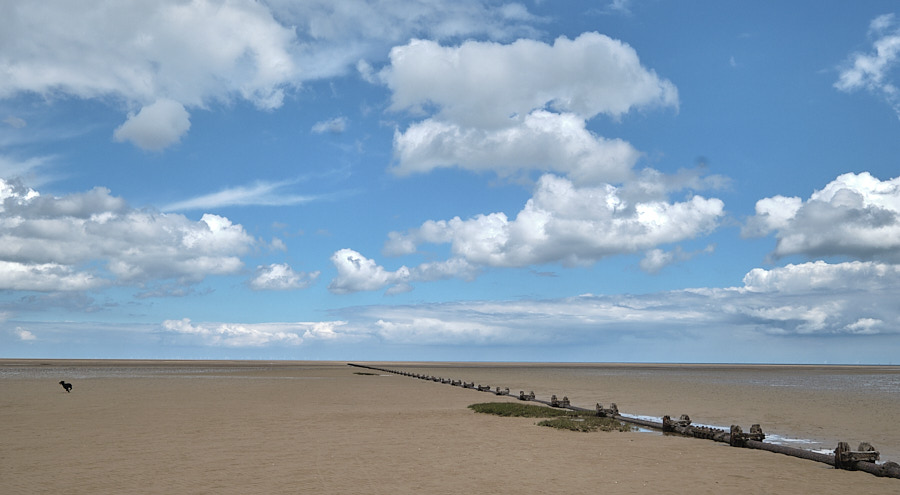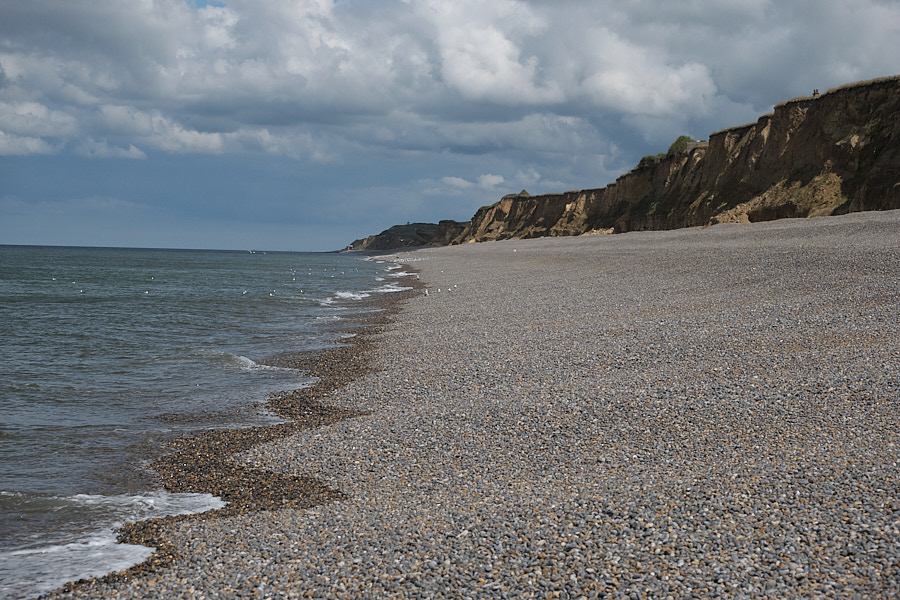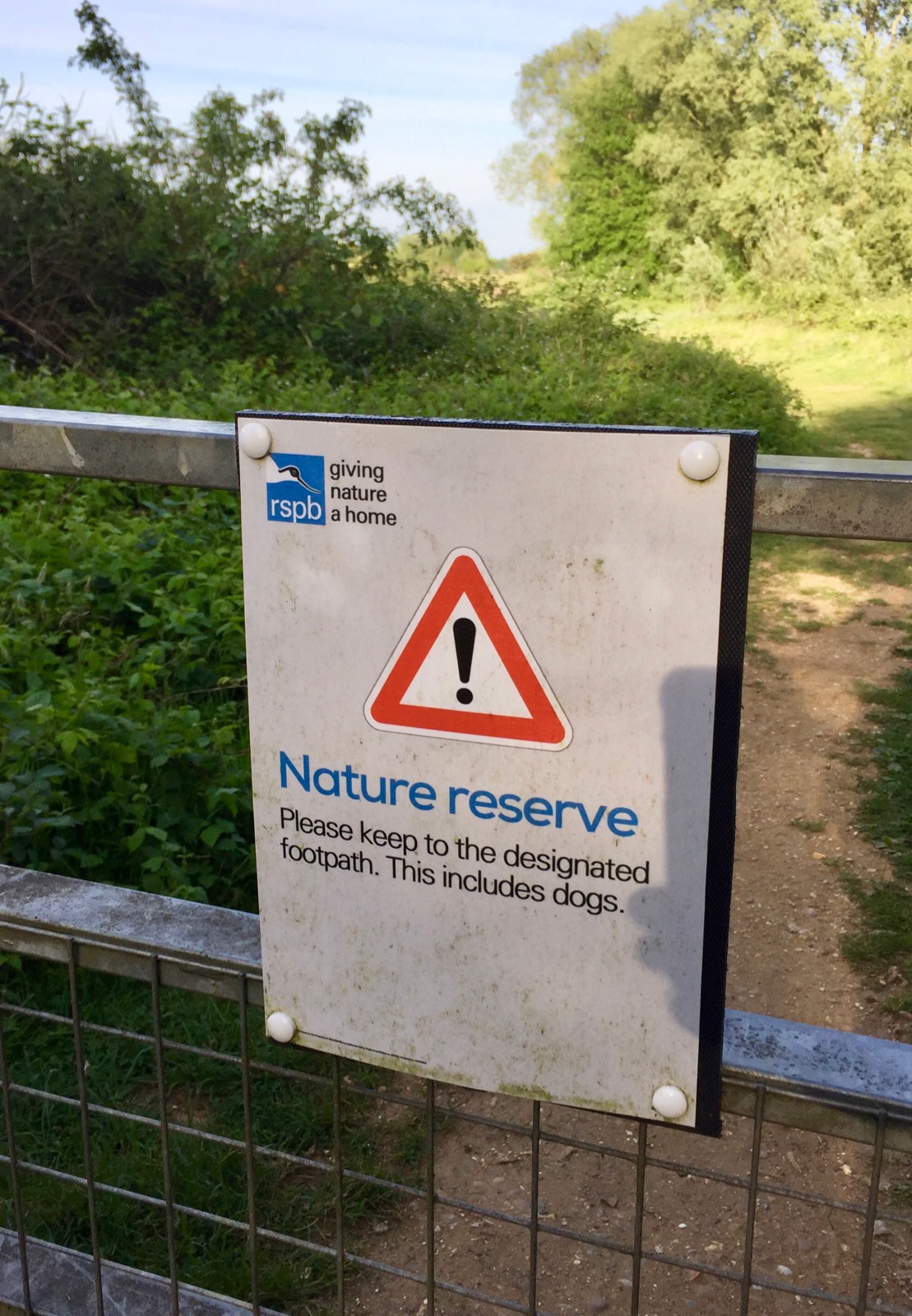The people of Liverpool are celebrating, after their football team beat Manchester City yesterday and so reached the top of the Premier League, for the first time in thirty years.
Now, it might surprise regular readers, and those who know me now, to discover that I used to be a Liverpool supporter!
The little town of Ware, where I grew up, wasn’t close to any major football-playing city. I think Tottenham Hotspurs probably counted as our most local team, but it seemed impossibly far away, and there was no particular reason to go to Tottenham. There never is, as far as I can gather.
So in the playgrounds of my youth, the kids claimed allegiance to a wide range of different teams, and I realised that I was going to have to come up with an answer to the regular question, “Who do you support?”. Pointing out that they meant “Whom” clearly wasn’t achieving the desired results. But I was an observant child, and it was immediately apparent that if you responded to that question with the name of a losing team, it resulted in jeers and humiliation. Why would anybody want that? In the 70s, Liverpool seemed to be winning everything, so I decided I was a Liverpool supporter, and life was better, though I was still stumped when they asked, “Who’s your favourite player?”. I don’t think I could name any of them.
-–
I’m not sure when I last actually watched a football match on TV. It certainly wasn’t in this current millennium; but I do vaguely remember seeing a couple of matches of the World Cup in the early 90s, when we were staying with friends who were enthusiasts. And it was an enjoyable experience, partly, perhaps, because I did feel some engagement: I had an opinion on whether England should beat Germany, when I would have had none about the relative merits of Aston Villa vs Manchester United.
I haven’t really had the time to watch any other sports since, I don’t think. (Except the Boat Race, of course – that goes without saying.) Still, all of this history is in some small way commemorated by the fact that I feel glad that the people of Liverpool have been celebrating, though I hope they maintained their social distances while doing so.
Thirty years is, after all, quite a long time to be ridiculed in the playground.
Update: John Naughton pointed me at Simon Kuper’s very readable piece on Why Football Matters. Recommended.

















 It’s rather pleasing to discover, investigating it now, that the verse comes from
It’s rather pleasing to discover, investigating it now, that the verse comes from 
 I’ve long been a fan of
I’ve long been a fan of 



 Searching recently for emails from one of my academic colleagues, I came across one or two that appeared to have the address written backwards. He works in the Computer Lab at Cambridge, and the email was from user@uk.ac.cam.cl. What was going on?
Searching recently for emails from one of my academic colleagues, I came across one or two that appeared to have the address written backwards. He works in the Computer Lab at Cambridge, and the email was from user@uk.ac.cam.cl. What was going on?
Recent Comments